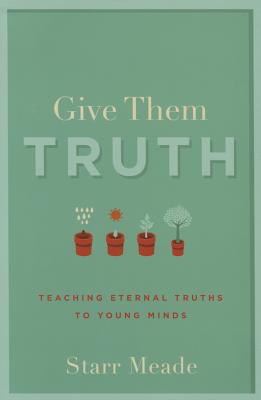人生に必要な知恵は全てto teach the truthで学んだ
What Should Schools Teach? Disciplines, subjects and the pursuit of truth【電子書籍】
Item Number 9
<p>The design of school curriculums involves deep thought about the nature of knowledge and its value to learners and society. It is a serious responsibility that raises a number of questions. What is knowledge for? What knowledge is important for children to learn? How do we decide what knowledge matters in each school subject? And how far should the knowledge we teach in school be related to academic disciplinary knowledge? These and many other questions are taken up in <em>What Should Schools Teach?</em></p> <p>The blurring of distinctions between pedagogy and curriculum, and between experience and knowledge, has served up a confusing message for teachers about the part that each plays in the education of children. Schools teach through subjects, but there is little consensus about what constitutes a subject and what they are for. This book aims to dispel confusion through a robust rationale for what schools should teach that offers key understanding to teachers of the relationship between knowledge (<em>what</em> to teach) and their own pedagogy (<em>how</em> to teach), and how both need to be informed by values of intellectual freedom and autonomy.</p> <p>This second edition includes new chapters on Chemistry, Drama, Music and Religious Education, and an updated chapter on Biology. A revised introduction reflects on emerging discourse around decolonizing the curriculum, and on the relationship between the knowledge that children encounter at school and in their homes.</p> <p><strong>Praise for <em>What Should Schools Teach?</em></strong></p> <p>'The book takes up the ‘knowledge challenge’ in an ambitious and courageous way by confronting what knowledge means for education in modern society.'</p> <p>Elizabeth Rata, <em>The Curriculum Journal BERA</em></p> <p>'If you want an in-depth analysis of the curriculum by subject, UCL’s <em>What Should Schools Teach?</em> is superb.'<br /> John Tomsett, johntomsett.com</p> <p>'An important book that restores much needed sanity to debates about schooling’s purpose. It makes an excellent primer for aspiring teachers, will be of interest to parents and other interested laypersons, and should be mandatory reading for educational policymakers throughout the Anglophone world.'<br /> <em>Areo Magazine</em></p> <p>'... Seghal Cuthbert and Standish, aided by their team of subject experts, inject a healthy blend of cerebral intellect, classroom experience, and plain common sense into the curriculum debate. The well-researched content makes the contributors worthy of attention, with more than enough expertise to warrant moments of candour.'<br /> <em>Secondary Ideas</em></p> <p>‘This book brings profound questions about what children need to know back to the centre of educational enquiry where they belong. The additional chapters in this second edition are excellent. We all need to read it.’<br /> Professor Elizabeth Rata, University of Auckland</p> <p>‘I am afraid that what we actually teach is so often forgotten in debates about schools. Subjects ? the way that most people choose to divide up human knowledge ? are too rarely the focus of our interest. Yet the subjects we offer and the syllabus content of each is arguably the most important single element of the school system. This book bucks the trend and should be of great importance to all teachers.’<br /> Barnaby Lenon, CBE, University of Buckingham</p>画面が切り替わりますので、しばらくお待ち下さい。
※ご購入は、楽天kobo商品ページからお願いします。
※切り替わらない場合は、こちら をクリックして下さい。
※このページからは注文できません。
Item Number 9
| Review Count | レビュー件数 | 0件 |
| Review Average | レビュー平均 | 0(5点満点) |
| Shop Name | ショップ | 楽天Kobo電子書籍ストア |
| Price | 商品価格 | 184円(税込み) |

















